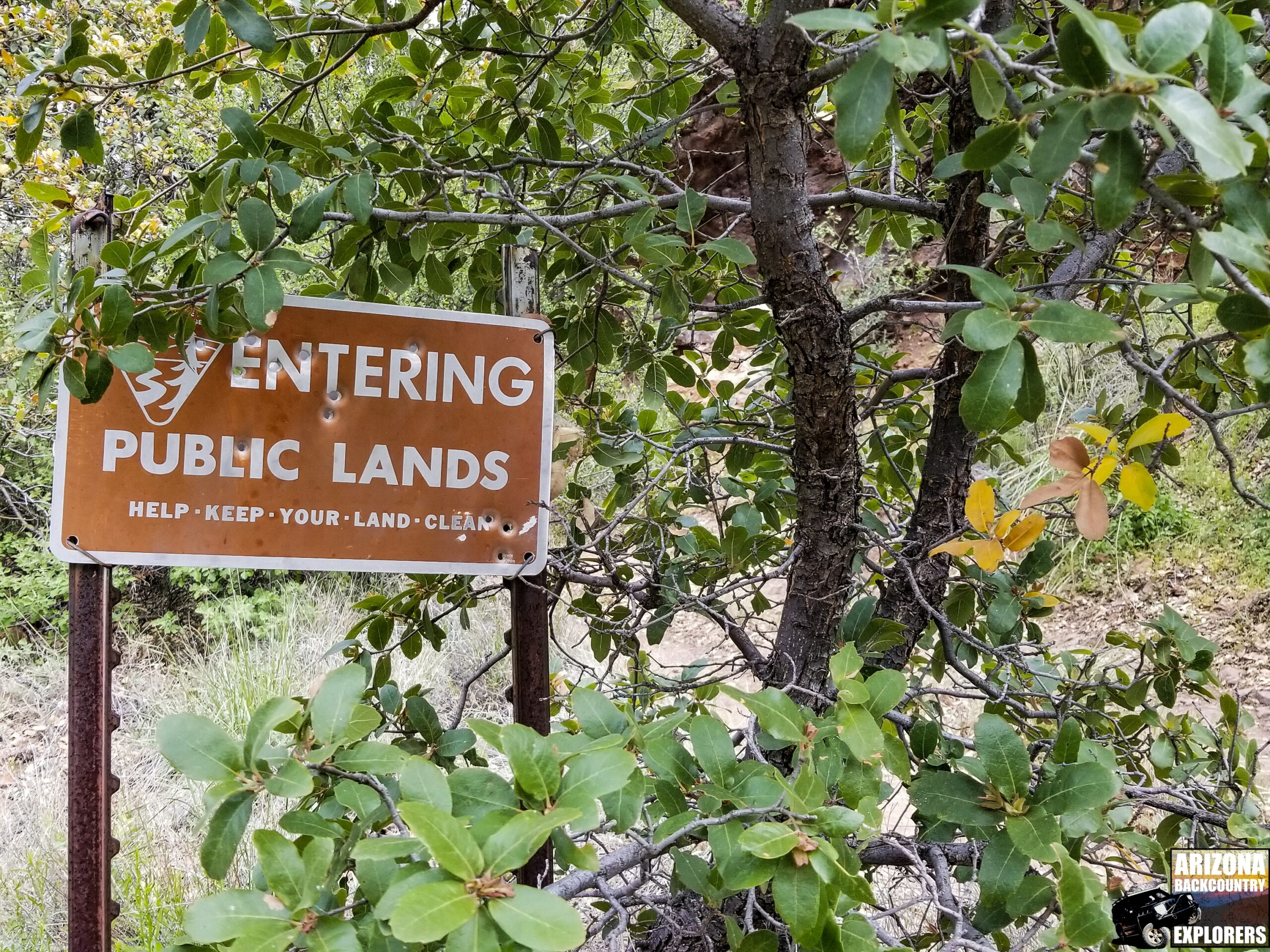Your cart is currently empty!
Posted in
This rancher has radical ideas about water
The Spectrum & Daily News
If Jim Howell, a fourth-generation rancher in Western Colorado, has a guru, he’s Allan Savory, the champion of intensive cattle grazing even on semi-arid land.
Howell, 52, says Savory’s methods, which require moving cattle quickly from pasture to pasture, enable him to keep adding thousands more animals as the ground recovers. He says the method is so efficient he can even foresee leasing out irrigation water that he doesn’t need.
If all this sounds unbelievable, Howell, who is ranch manager for Eli Feldman in Ridgway, Colorado, understands the skepticism. But he says the ranch speaks for itself.
Western States Ranches is huge, a 213,000-acre spread that’s a mix of 3,000 acres of irrigated bottom land in Delta and Montrose counties, plus 210,000 acres of mostly leased federal rangeland that sprawls from western Colorado to eastern Utah. There’s forested, high elevation range, but half of the ranch is semi-arid. Rainfall can be a scant 10 inches per year.
The herd is also large at 3,300 head, with 1,800 pregnant cows. What makes Savory’s approach effective, Howell says, is speed: In a day or two, cows eat fresh grass and weeds, then move on to new pasture before an enclosed pasture is damaged. Ten cowhands make the process work by moving miles of electric fencing, even though they’re traditionally loath to get off their horses. Feldman found Howell by consulting the Savory Institute, where Howell’s wife, Daniella Ibarra-Howell, is director.
The man and the money behind this enterprise is Eli Feldman, whose Conscience Bay Company is mostly staked by lifelong friends, the Laufer family of Stony Brook, New York.
East Coast money and Western know-how might seem an odd combo, but Howell studies the land with total concentration. He says his rule of thumb is to make a grazing plan and then rip it up as changing conditions dictate.
Howell has made dry, overgrazed range bloom before. Using Savory methods, he boosted the number of cattle on his former family ranch on Blue Mesa in Western Colorado. He went from 150 cows to 450, while also attracting herds of elk.
But if demand management gets going — the controversial plan of leasing water temporarily and voluntarily to fulfill downstream obligations – Feldman and Howell are on board. Feldman asked Trout Unlimited to administer a demand management study on part of his ranch that lies in Eckert, Colorado, where ground is irrigated only until July 1.
Howell derides programs that encourage leasing water for full seasons. “It’s going to be seen as socially untenable for ranchers in the upper basin to be over-irrigating hay fields when downstream users are running out of water.”
Subscribe to RANGE magazine
The post More grazing, not less, proven better for Western rangelands appeared first on RANGEfire!.
Tags:
You may also like…

Visit the AZBackroads.com Store

Please Become A Member
We need your help to keep our backroads open. Please join today!




